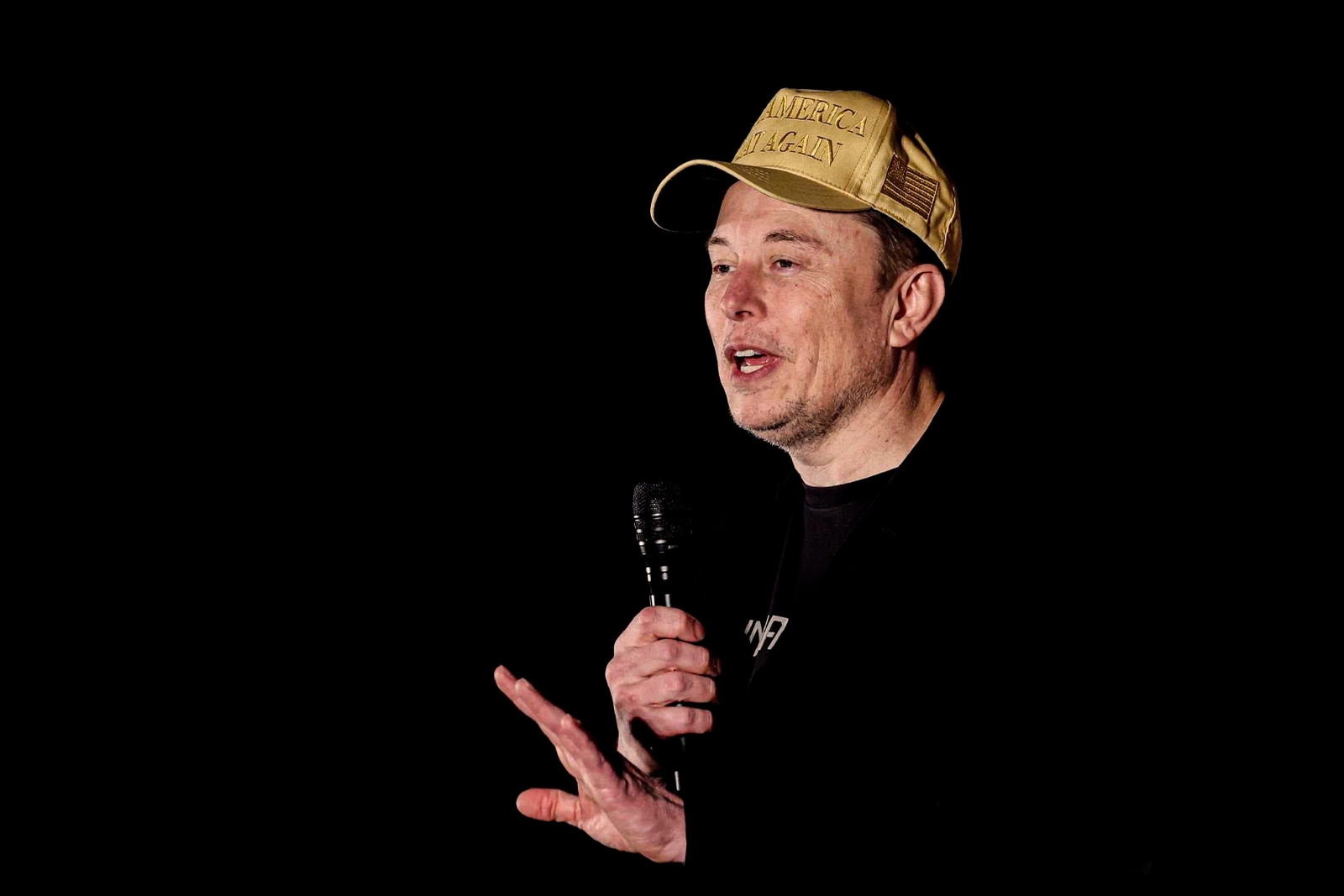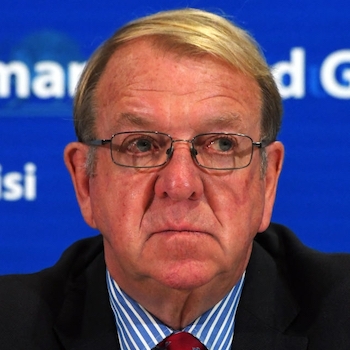
Musk’s Misstep: Why Shadow Diplomacy with Iran Is a Risky Game
Has Elon Musk, the world’s richest man, inadvertently stepped into the treacherous world of Iranian politics? The New York Times recently reported that Musk met with Amir Saeid Iravani, Iran’s ambassador to the United Nations, earlier this month. The meeting, allegedly at Iravani’s private New York residence, sparked intrigue and concern. Both the Biden administration and the United Nations deny prior knowledge of the encounter, while Iran’s foreign minister outright rejected the claim. Yet, the implications remain unsettling.
Musk’s official role in President-elect Donald Trump’s incoming administration is limited to heading a vague cost-cutting initiative unrelated to foreign policy. However, his past actions suggest a penchant for venturing into sensitive international waters. His involvement in a joint phone call between Trump and Ukrainian President Volodymyr Zelensky already signaled his willingness to weigh in on matters outside his brief.
This latest alleged meeting only amplifies concerns about his readiness to navigate diplomatic minefields better left to seasoned professionals like Trump’s Secretary of State-designate, Senator Marco Rubio.
The stakes could not be higher. Just weeks ago, the FBI revealed an Iranian plot to assassinate Trump during the presidential campaign. Against this backdrop, reports of Musk meeting with Iravani have fueled speculation about the tech mogul’s motivations. Could he have been exploring avenues to ease tensions between Washington and Tehran? The meeting, reportedly lasting over an hour, has raised fears that Iravani may have dangled economic incentives to Musk, enticing the incoming administration with promises of lucrative deals in exchange for easing the economic sanctions that have crippled Iran’s economy.
If such overtures occurred, they would reflect a familiar strategy from Iran’s playbook. For years, Tehran has leveraged offers of cooperation—such as curbing its nuclear program or enacting domestic reforms—in exchange for Western concessions. Time and again, such promises have proven hollow, exposing the regime’s expertise in deception and manipulation. Musk, it seems, risks falling into the same trap that has ensnared countless Western leaders.
Musk might believe the ascension of Masoud Pezeshkian, Iran’s recently inaugurated president, signals a potential shift toward moderation. That perception could not be further from reality. Far from being a reformer, Pezeshkian has presided over a sharp rise in executions since assuming office in August, with 467 individuals—15 of them women—put to death, including one public hanging. This represents an 80% increase in executions compared to the same period under his predecessor, Ebrahim Raisi, infamously known as the “Butcher of Tehran.”
Pezeshkian, like those before him, is a puppet president, executing the directives of Iran’s Supreme Leader, Ayatollah Ali Khamenei, whose iron grip ensures the regime’s survival through fear and violence.
Similarly, Musk would be mistaken in viewing Iravani as a credible interlocutor. During the 2022 nationwide protests ignited by the death of Mahsa Amini, a young Kurdish woman detained for violating Iran’s strict hijab laws, Iravani displayed the regime’s defiance on the global stage. Speaking at a special UN session convened by the U.S., Iravani dismissed concerns over the regime’s violent crackdown, which had left 750 protesters dead and over 30,000 detained.
Instead of acknowledging the brutality, he accused Western nations of meddling in Iran’s internal affairs. He went so far as to claim that Iran has a sterling record on human rights, absurdly asserting that freedom of expression and peaceful assembly are enshrined in the country’s constitution. His subsequent walkout underscored the regime’s unwillingness to engage in meaningful dialogue.
Easing sanctions on Iran would not alleviate the suffering of the country’s 85 million citizens. On the contrary, it would empower the regime to further its agenda. Iran’s theocratic rulers would funnel economic relief into their regional proxy network, bolstering groups like Hamas in Gaza, Hezbollah in Lebanon, the Houthis in Yemen, and Shiite militias in Iraq. The Islamic Revolutionary Guard Corps (IRGC), already blacklisted for its role in international terrorism, would see its coffers replenished, enabling more violence and instability. Meanwhile, ordinary Iranians would continue to face repression, poverty, and a regime that prioritizes its survival over their welfare.
Trump and Rubio, both staunch critics of Tehran, have long warned against the dangers of appeasement. Decades of Western engagement premised on dialogue and concessions have emboldened Iran’s rulers while failing to curb their ambitions. Tehran has exploited this leniency to accelerate its nuclear program, deepen its regional influence, and suppress dissent at home. This strategy has not only failed but backfired, allowing the regime to consolidate power and expand its reach with impunity.
The only path to lasting change in Iran lies in the hands of its people. No matter how well-meaning, external negotiations cannot substitute for the internal struggle of those fighting for freedom and democracy. Musk’s efforts, however well-intentioned, risk legitimizing a regime that thrives on oppression and deceit.
Instead, he should consider engaging with Iran’s democratic opposition, whose members have long called for an end to theocratic rule. Consulting figures like former Secretary of State Mike Pompeo, former FBI Director Louie Freeh, or retired General James Jones would provide Musk with valuable insights into the reality of Iran’s regime and its threats to global stability.
Musk’s wealth and influence could be a powerful force for amplifying the voices of the Iranian people. By focusing on their plight rather than courting their oppressors, he could contribute to a future where Iran is defined by freedom, peace, and justice. Engaging in shadow diplomacy with representatives of the regime risks undermining those very aspirations, perpetuating the cycle of repression that has plagued Iran for decades.
